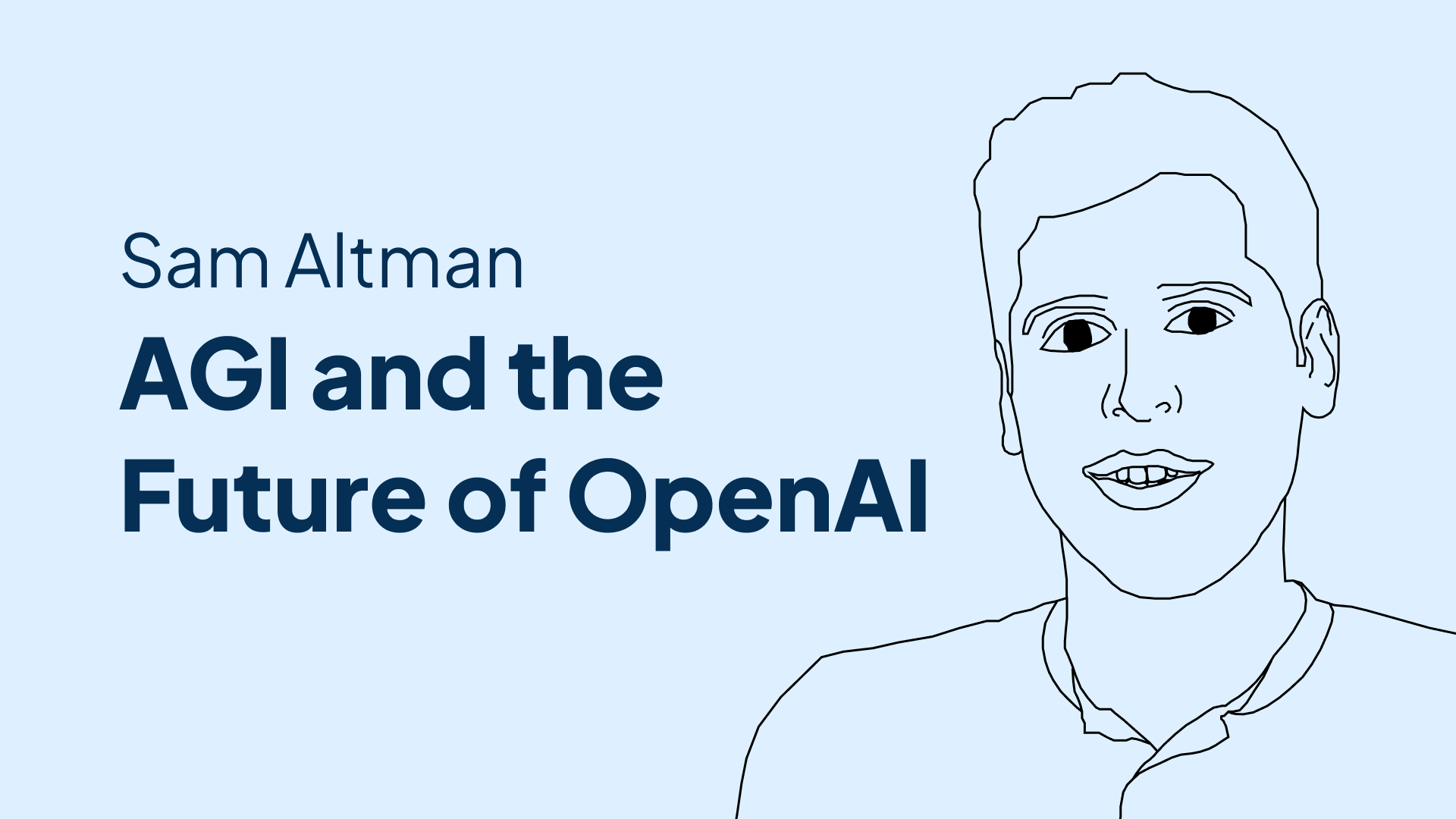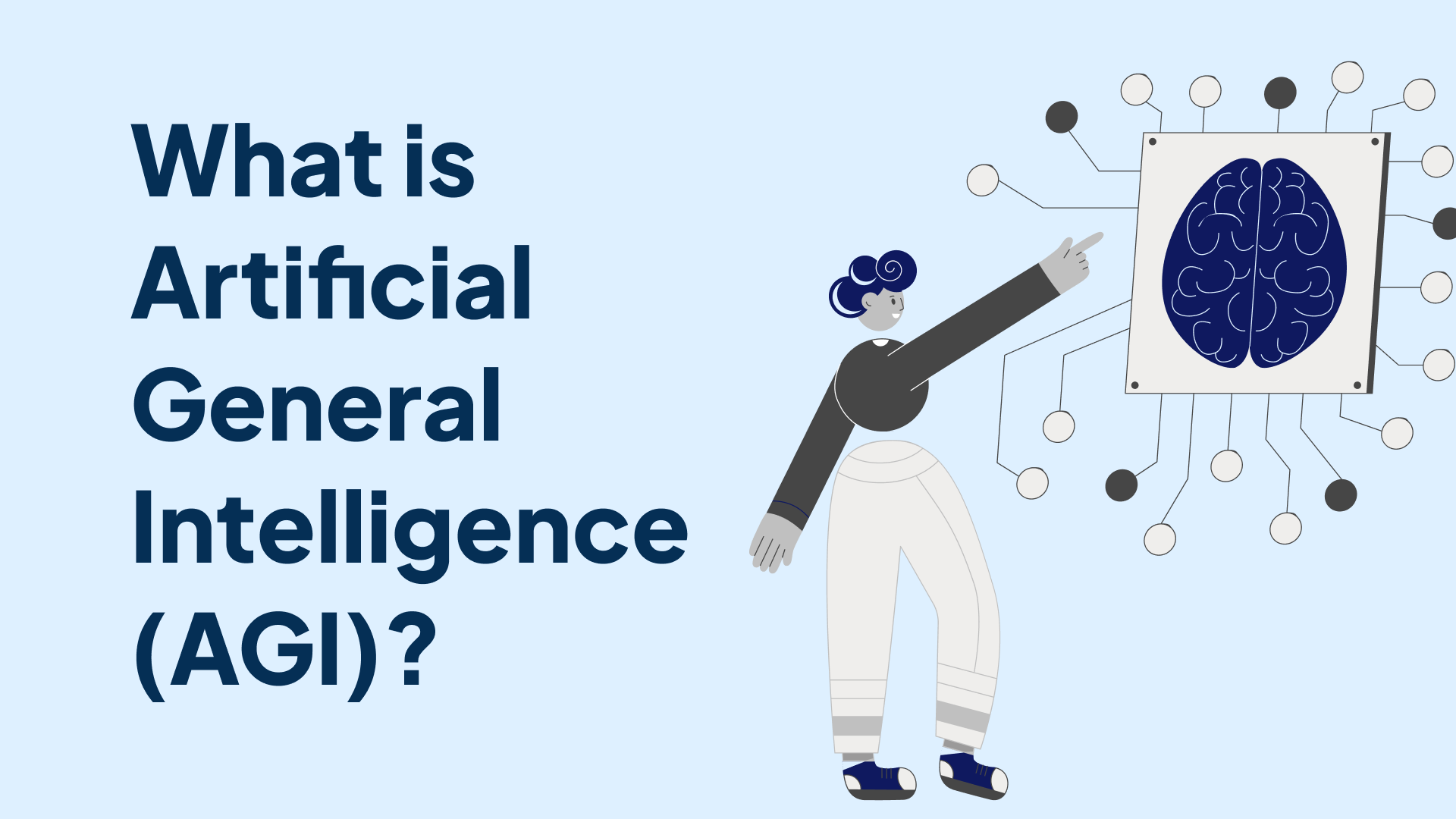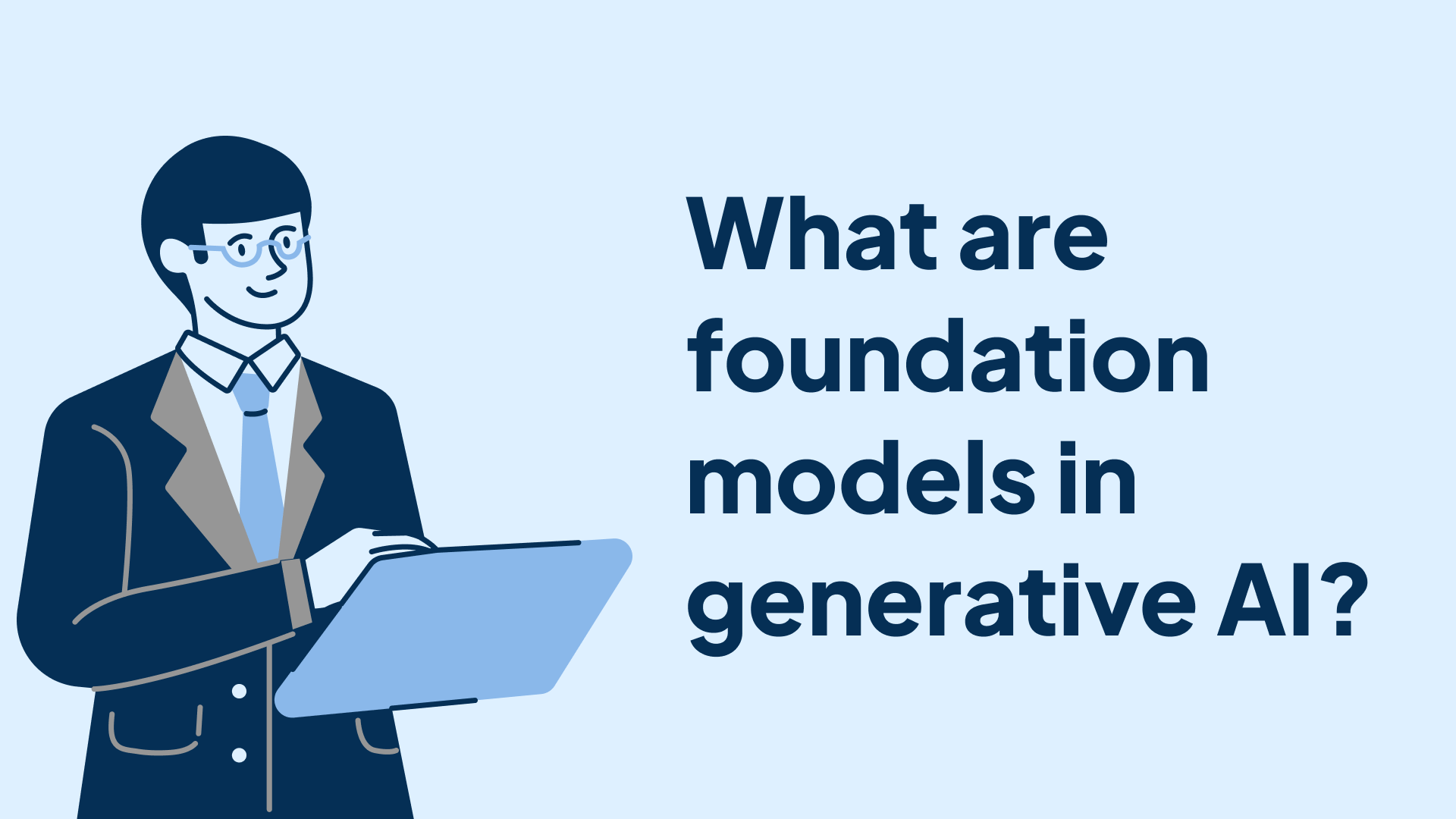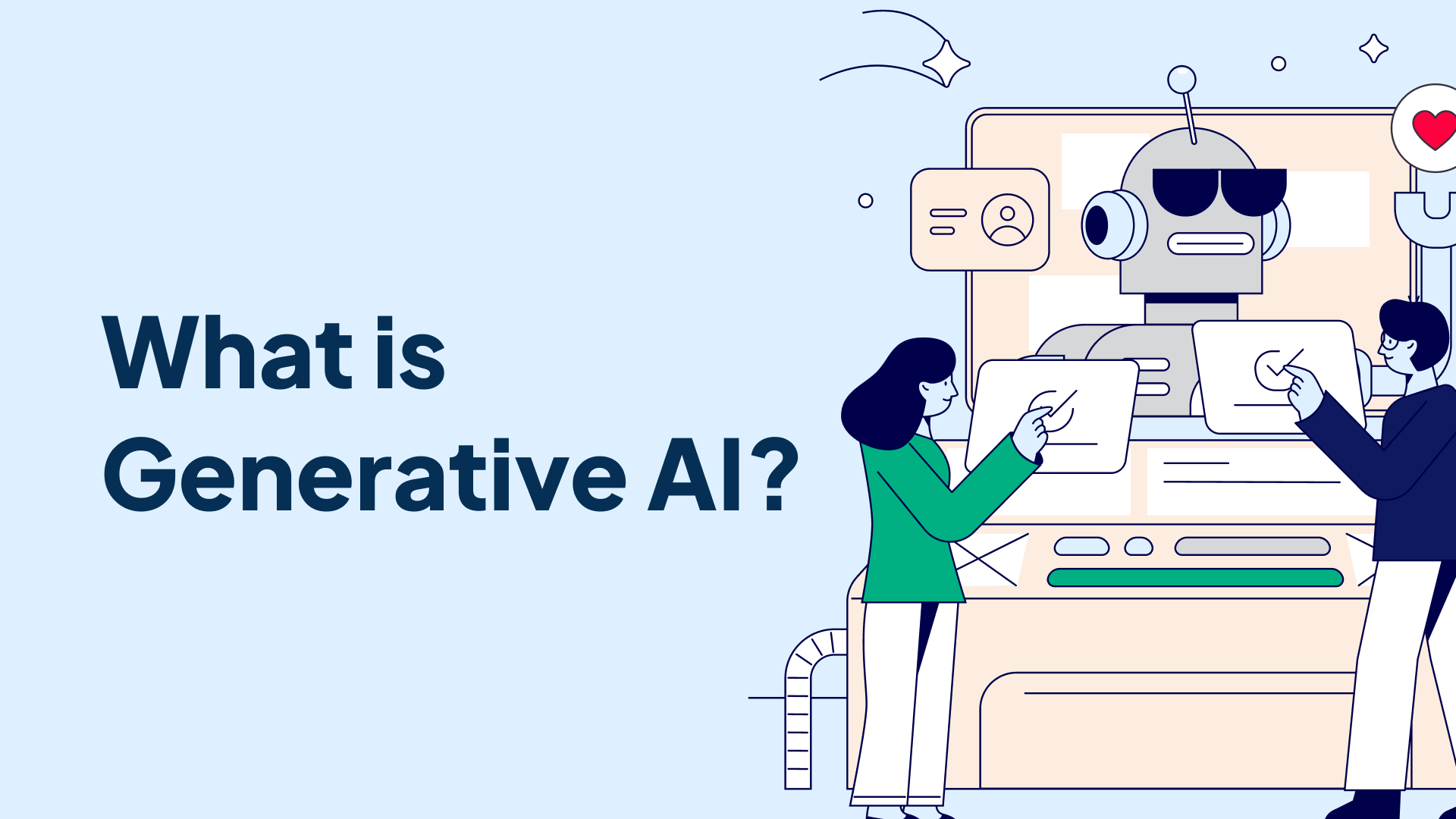In a recent interview on the Lex Fridman Podcast, OpenAI CEO Sam Altman shared his thoughts on the future of artificial intelligence, the path to AGI (artificial general intelligence), and some of the challenges and opportunities that lie ahead as AI systems become increasingly capable and influential.
You can view the full interview here: https://www.youtube.com/watch?v=jvqFAi7vkBc
The Trajectory of AI Progress
One of the key themes that emerged from the conversation is the rapid pace of progress in AI capabilities. Altman noted that systems like GPT-4 and ChatGPT, while extremely impressive, are still just early glimpses of what's possible. He expects that over the next 5-10 years, we will see AI systems that are "quite capable" and truly remarkable compared to what exists today.
However, Altman cautioned against focusing too much on the idea of a single AGI system or a clear threshold that defines AGI. Instead, he believes progress will be more continuous, with AI assisting and enhancing more and more areas of life and work over time. Key breakthroughs and milestones will happen, but the overall arc will be one of steady improvement across many domains.
The Importance of Compute
To fuel this progress, Altman believes compute (raw computational power) will be a critical resource - "the currency of the future." As AI systems scale up, training them will require enormous amounts of compute. Driving down the cost of compute, through technical breakthroughs like nuclear fusion and fission, more efficient chips, better data center infrastructure, etc. will be key to unlocking more advanced AI.
Altman predicts there will be an almost insatiable demand for cheap, abundant compute to power AI systems embedded in more and more aspects of life and the economy. He draw an analogy to the impact of electricity - initially a novelty, but now an essential utility we rely on for almost everything.
AI and Science
One domain where Altman is especially excited to see AI deployed is scientific research and discovery. He believes AI has the potential to significantly accelerate the pace of breakthroughs by assisting human scientists and, in some cases, making novel contributions of its own.
For Altman, an AI system demonstrating the ability to have original "scientific intuitions" and guide the scientific process in productive new directions would be a major milestone. More than being able to master existing human knowledge, exhibiting genuine creativity and insight in science would be a profound development.
AI Alignment and Safety
Despite his optimism about AI's positive potential, Altman acknowledged that major risks and challenges need to be thoughtfully addressed. AI alignment—ensuring advanced AI systems are steered toward beneficial outcomes and reliably do what we want them to do—is a key priority area.
Altman said safety considerations are increasingly central to the work at OpenAI and will only become more important over time. Technical AI alignment is critical, but not the only important aspect. Thinking through the societal impacts, economic shifts, and governance questions is also vital.
While confident these challenges can be overcome, Altman noted there will inevitably be some "theatrically bad" events and incidents along the way as AI systems become more powerful and prominent. Preparing for these, while maintaining perspective about the larger positive opportunity, will be important.
Governance of OpenAI and AGI Development
On the tricky question of how OpenAI itself should be governed as it gets closer to AGI-level systems, Altman affirmed his view that no single individual (including himself) should have total unilateral control. Robust accountability, checks and balances, and input from a diversity of stakeholders will be essential.
At the same time, Altman noted it's important to have an empowered leadership team that can make hard decisions, be nimble, and fully context-switch into prioritizing AI safety when the time comes. Balancing those two imperatives is something OpenAI is still grappling with.
Stepping back, Altman believes governments and society as a whole will need to more proactively put "rules of the road" in place for the development and deployment of advanced AI systems. While this might sometimes be cast as "regulatory capture" by incumbents like OpenAI, Altman sees it as a vital and inevitable evolution.
Commercialization and Democratization
Altman seems less interested in conventional startup paths and business models, hinting that he's not a fan of ad-supported services and the incentives they create. Instead, he's drawn to products like ChatGPT which provide an amazing free service to millions of people, supplemented by paid access for power users.
More broadly, Altman believes it's important that the benefits of AI be widely distributed and not overly concentrated in any one company or country. Putting "increasingly powerful tools into the hands of people for free and getting them to use them" in generative and unpredictable ways is part of OpenAI's core mission.
That said, Altman acknowledged the challenge of balancing openness with the responsibility to thoughtfully roll out very powerful systems. Complete open-sourcing of state-of-the-art models may not be feasible or responsible. But democratizing access and empowering people remains the North Star.
The Road Ahead
Looking ahead, it's clear Sam Altman and OpenAI will be at the forefront of shepherding increasingly advanced and transformative AI systems into the world. Doing so in a way that maximizes the benefits to humanity while minimizing risks and negative impacts is perhaps the defining challenge.
Key priorities will be building robust technical and organizational infrastructure to handle AGI-level AI, proactively engaging governments and other stakeholders around policy frameworks, crafting sustainable and pro-social business models, and all the while pushing the boundaries of fundamental scientific research and discovery.
There will no doubt be twists, turns, and pivotal moments along the way - breakthroughs and setbacks, scary incidents and dazzling achievements. Through it all, Altman seems grounded by a deep appreciation for the "trajectory of human civilization," how far we've come already and how much further we could go - if we get this transition to the age of AGI right. Leveraging AI to uplift rather than undermine the magical human project is the task at hand.










